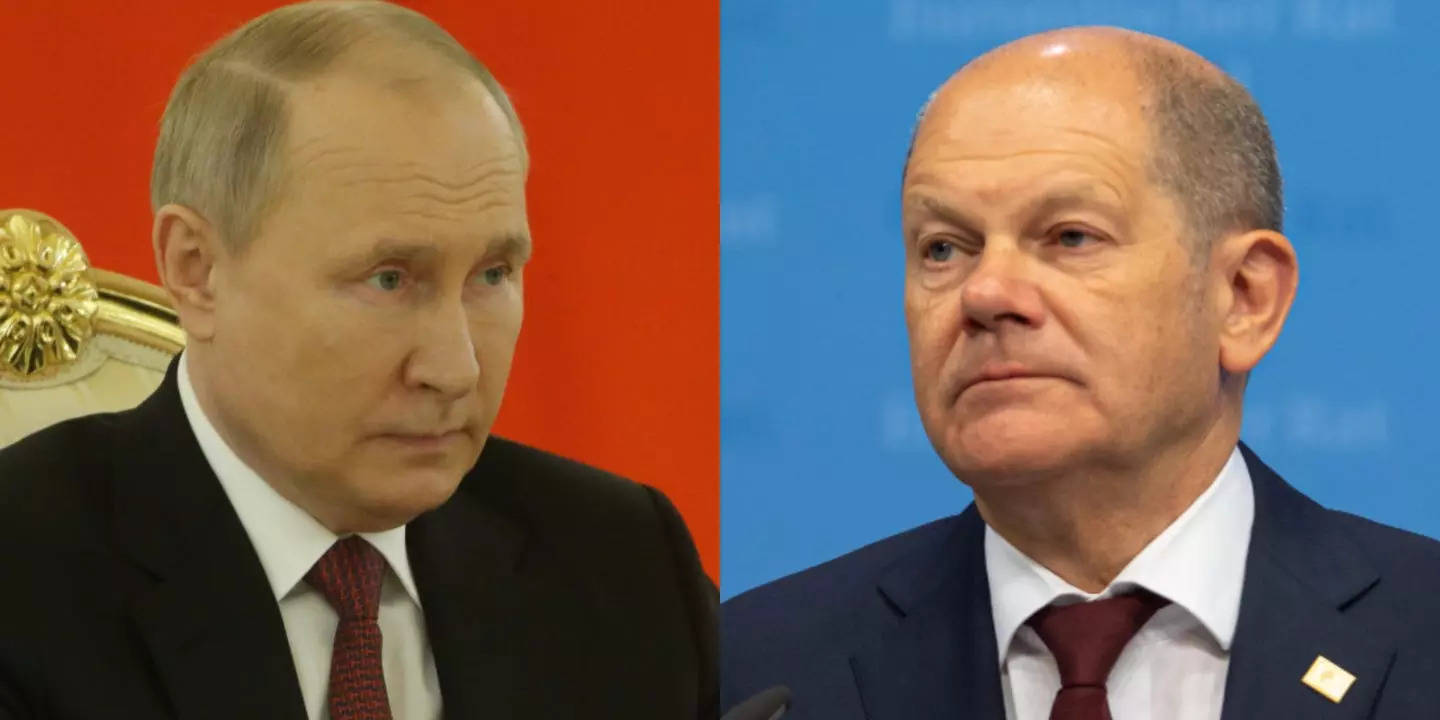- Bloomberg reported Monday that Germany is turning to burning oil for additional energy amid Russian natural gas cuts.
- Amid an energy crisis, Munich plans to burn more oil and coal to get ahead than natural gas.
Germany is stepping up its efforts to avert natural gas cuts in Russia and to diversify its sources away from major fuels, switching to oil and coal. Bloomberg reported Monday.
In Munich, local utility Stadtwerke Muenchen has revived oil burners at two previously closed plants, the report said. In addition, plans to convert the power generation unit to gas from coal have been postponed.
For years, European countries have moved away from burning fossil fuels to better meet climate targets, but with Russia controlling gas flows ahead of the looming winter months, that has changed.
Germany has seen gas flows cut by up to 20% from its Nord Stream 1 pipeline due to Russia’s response to sanctions, and a recession is now a possibility for Europe’s biggest economy.
According to Bloomberg data, gas storage in Germany is 68.6% full, although the country’s target is 95% by November 1. The government has called on citizens and companies to reduce gas consumption in the face of the energy crisis.
Meanwhile, European gas prices rose on Monday, Russia’s Gazprom said Stop natural gas flows to Latvia. The state-run energy giant said it would stop supplies “due to a violation of gas withdrawal regulations,” but did not provide further details.
Latvia is the latest European country in the list of countries to which Moscow has stopped the flows, joining Poland, Bulgaria, the Netherlands and Denmark.
Bank of America analysts wrote in a research note to clients on Monday that Europe’s natural gas crisis worsens: “The European gas situation has been rapidly moving from a ‘bad’ scenario to an ‘ugly’ scenario over the past month,” the analysts write.
–
–


